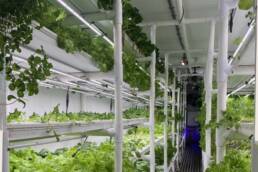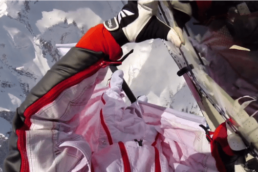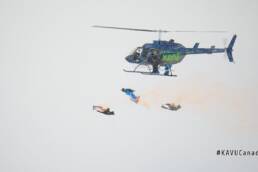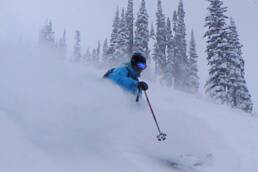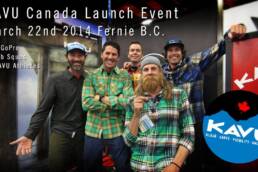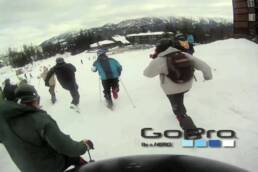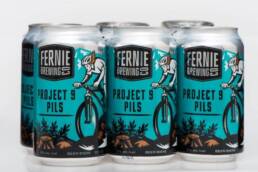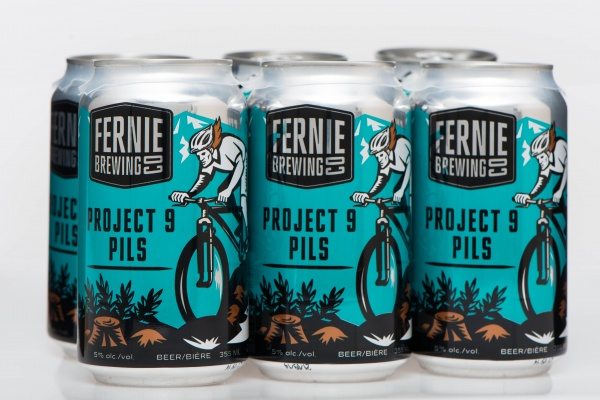A unique growing system from the Yukon and adopted in the East Kootenay should produce some serious green. By Dave Quinn
While skiers float through Fernie, British Columbia’s legendary powder this winter, the Community Ecogarden at nearby Prentice Park will still be producing mountains of fresh greens. This past summer, the Elk Valley branch of the environmental organization Wildsight purchased a $150,000 self-contained food production container from Yukon-based ColdAcre Food Systems to counter increasing food insecurity, offset rising food costs, and maximize sustainability. The 16-metre retrofitted sea-can garden will produce up to 18,000 pounds of greens annually and includes all the trays, LED lights, heaters, and hydroponic systems required to grow an estimated $58,000 worth of herbs and leafy greens every year. It requires 100-amp electrical service to power its high-efficiency hydroponic grow lights, which double as heating for the super-insulated structure, and it uses the same volume of water as a single-family home. While the Elk Valley farm is hard-wired, ColdAcre units can also be solar powered for off-grid locations or for truly committed preppers.
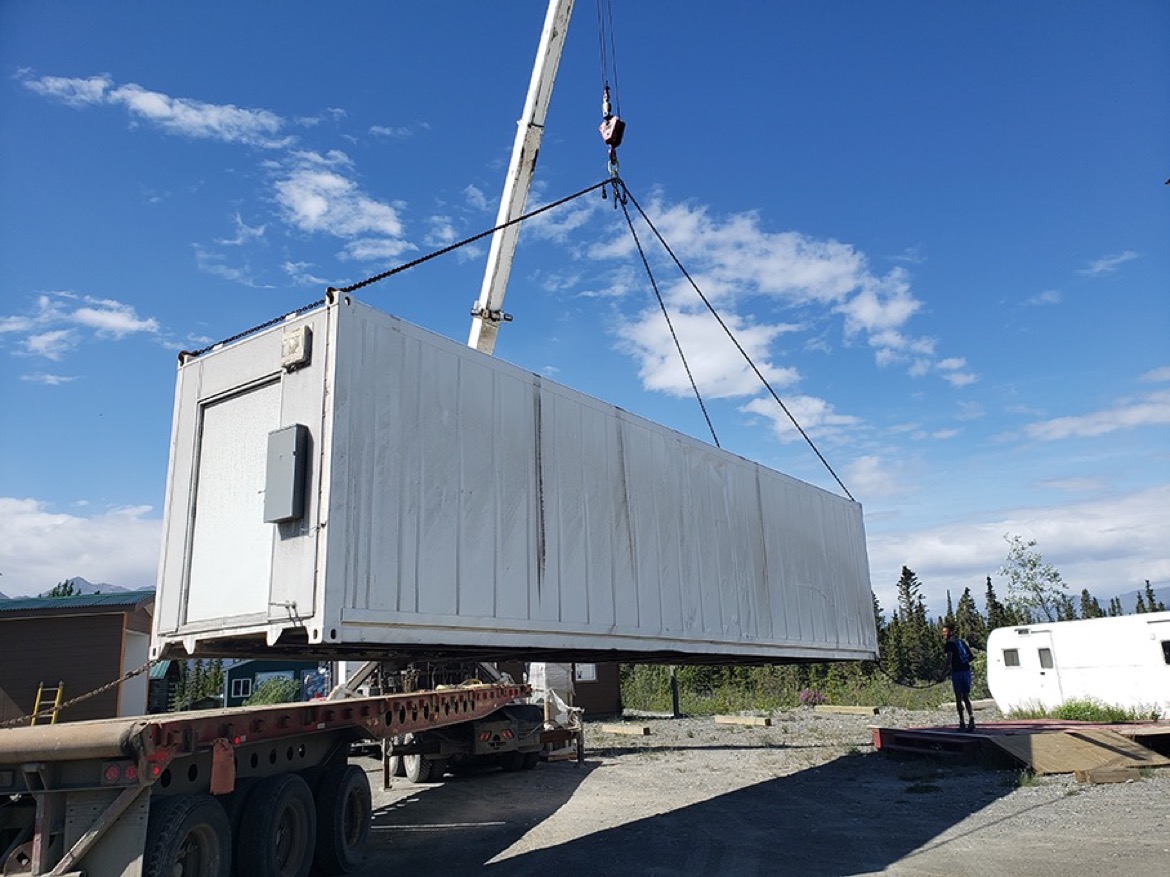
Local volunteers have a business plan that shows the container will not only cover investment and operating costs but will generate enough revenue to pay a professional farmer and project manager. Purchase of the unit included two weeks of training at ColdAcre’s Whitehorse headquarters. This unique Canadian solution to year-round greens is a high-volume, low-footprint option in frigid climates. ColdAcre has 11 operating units in Western Canada, with containers in British Columbia’s mountains, the Northwest Territories’ Arctic tundra, and Manitoba’s plains. The Elk Valley’s initial food production will cover community needs, including the local food bank and shelters, Wildsight Elk Valley’s Local Store, and weekly community salad subscriptions for local businesses and families. That means a lot of people can munch on fresh kale, spinach, basil, and lettuce all winter—without the associated fossil-fuel consumption.
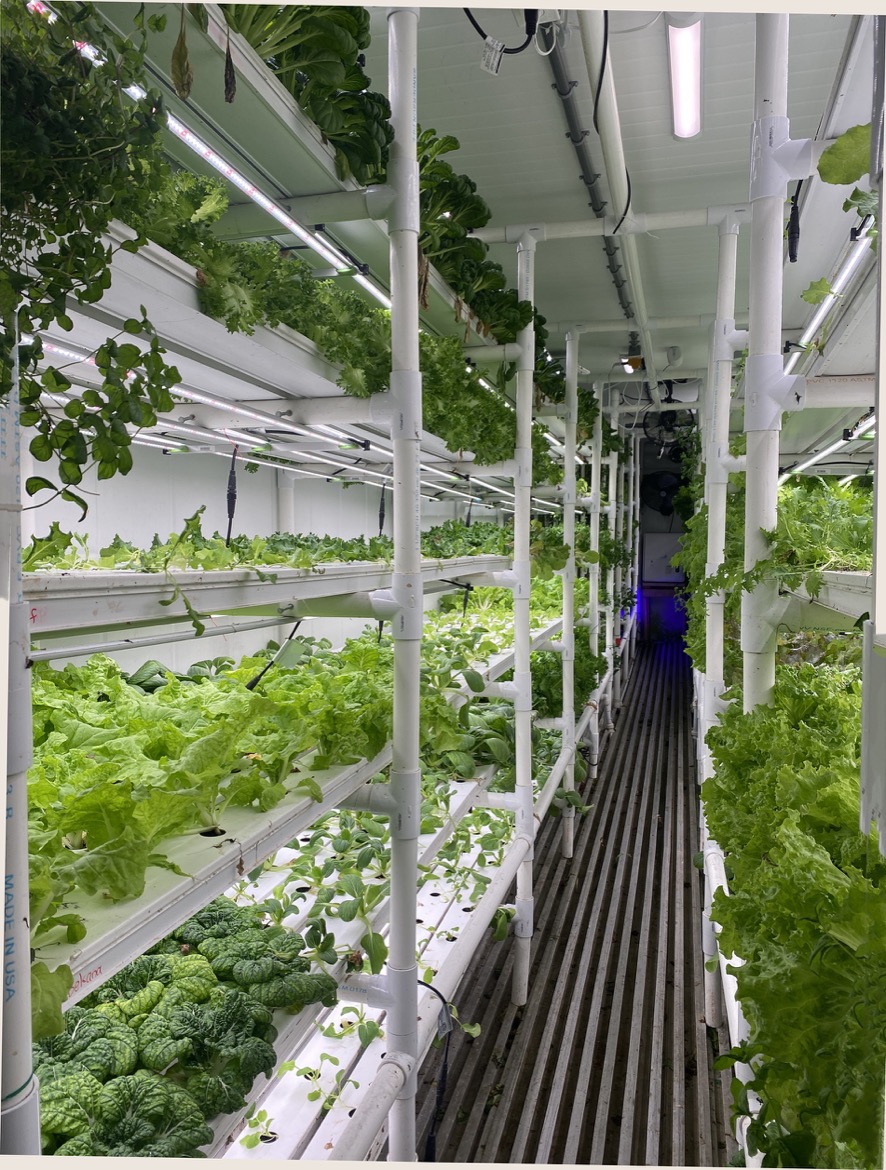
Dave Quinn
Born in Cranbrook, British Columbia, Dave is a wildlife biologist, educator, wilderness guide, writer and photographer whose work is driven by his passion for wilderness and wild spaces. His work with endangered mountain caribou and badgers, threatened fisher and grizzly, as well as lynx and other species has helped shape his understanding of the Kootenay backcountry and its wildlife, and help shape his efforts to protect what remains. His writing and photography has helped fill the pages of publications such as British Columbia Magazine, Westworld, the Financial Post, Backcountry, Adventure Kayak, as well as the Patagonia and MEC catalogs.
Related Stories
Diving Into Fernie
KAVU wanted to celebrate the launch of KAVU apparel, bags and accessories in Canada so they spent a weekend in Fernie…
From Seattle to Fernie
Seattle outdoor brand KAVU wanted to celebrate the launch of their apparel, bag and accessories line in Canada so they…
Fernie Opens With November Fatness
Oh yes people, the first resort to open in the Kootenays, does so with fine flare. As of November 22, 2010, with over…
KAVU Canada Lands First in Fernie
On March 22, 2014 KAVU & Elevation Showcase Presents KAVU Canada. KAVU athletes and KAVU staff will be dropping…
HH Big Mountain Battle – Fernie
Helly Hansen's Big Mountain Battle Series just wound up it's Revelstoke Mountain Resort stop, here's a look at the comp…


